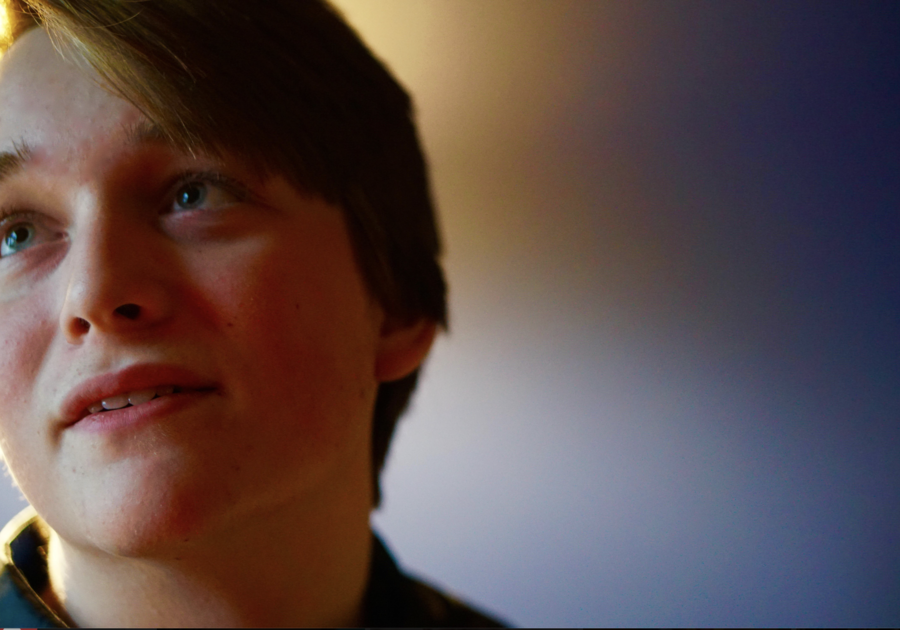Do you have a question for our experts? Email kayt@macaronikid.com with “Ask the Experts“ in the subject line. (Please note: If we select your question for inclusion in Macaroni Kid, your name or any identifying characteristics will not be included.)
Question: How do you tell the difference between teenage moodiness and depression? My son has been very tired, withdrawn, and sulky since school started. I ask him about school and he says everything is fine. He has friends and is in sports. His grades are fine. When I ask if he is feeling down, he says no and that he's just tired. It seems like more than being tired or teenage moodiness though. How do I tell the difference?
Answer: You are doing a good job, mom, at paying attention! That is the key to finding an answer to your first question. There seems to be a lot going on here. Some of what is happening may be quite normal and age appropriate, while some may indicate some intervention is needed.
Many parents are alarmed when their sweet-natured, family-oriented young teen turns, seemingly overnight, into a dark, moody stranger who wants nothing to do with the family. This is also the time when many things parents say are met with rolling eyes and disbelief. The good news; they usually grow out of this. This can be is part of a teen’s developmental task, which is moving toward becoming an adult and separating from parents. The teen years, with the help of hormones, can be full of testing, pulling away, moodiness and pushing boundaries, as they struggle to be different from their parents. It can be a baffling time for parents and really baffling for the teens. The emotions and uncertainty may cause them to experiment with risky behaviors, and affect their feelings about themselves, their world view, and sense of belonging. Sometimes they are overwhelmed by it all and can become moody and depressed, often isolating themselves from family activities and friends.
Most of the difficulties with teen behavior are episodic, meaning they may have periods of moodiness but also are able to move on from that. So consider how long the moodiness has been going on. If he is able to pull himself out of it and have some periods of a lighter mood it is less serious than if it is prolonged.
The concerning part of your description of your son is about his tiredness. I recommend he have a health check-up to make sure there is nothing physically going on. Many things can cause fatigue. He may be staying up late studying, being online or playing video games. Is he tired from the sports workouts and staying up late to finish homework? If so, there will need to be some monitoring to ensure he is getting more regular sleep. Signs that there may be a problem are if he is spending an unusual amount of time sleeping or he is taking frequent naps. This could indicate depression or another health issue.
Here are some other important questions to consider. How you answer these questions may help you know what you need to do.
- Is he spending time with his friends? Are they old friends or new friends?
- Is there a special relationship starting or stopping?
- Is he feeling bullied or otherwise intimidated at school?
- Is his behavior different outside home?
- Is he engaged in activities that you have not previously seen him engage in?
- Is he pushing you away with his mood, so you won’t recognize that he may be using substances like alcohol, marijuana and other drugs?
- Does the school report that he attends regularly?
- Has anyone else noticed any change in his behavior?
- Is he complaining of physical symptoms like stomachaches and headaches?
Your teen may not choose to talk to you about any of this. If you suspect there is more behind his tiredness, if his symptoms are prolonged, or if he is losing interest in school, friends, sports, etc., then have him screened for depression. Your PCP is the first place to start. Lastly, many teens benefit from seeing a counselor who can help them navigate the transition into adulthood. There are many counselors who work with youth, both male and female. It is difficult when a parent knows that something is making their teen struggle. I wish the best for you, and him.
Luanne Starr Rhoades, LCPC, LADC, CCS is a professional counselor and the Outpatient Therapy Director at Health Affiliates Maine, a mental health and substance abuse treatment agency serving adults, adolescents, children, and families. For more information or if you or someone you know needs help, call us at 877-888-4304 or visit our website www.healthaffiliatesmaine.com and click on “Referrals."



